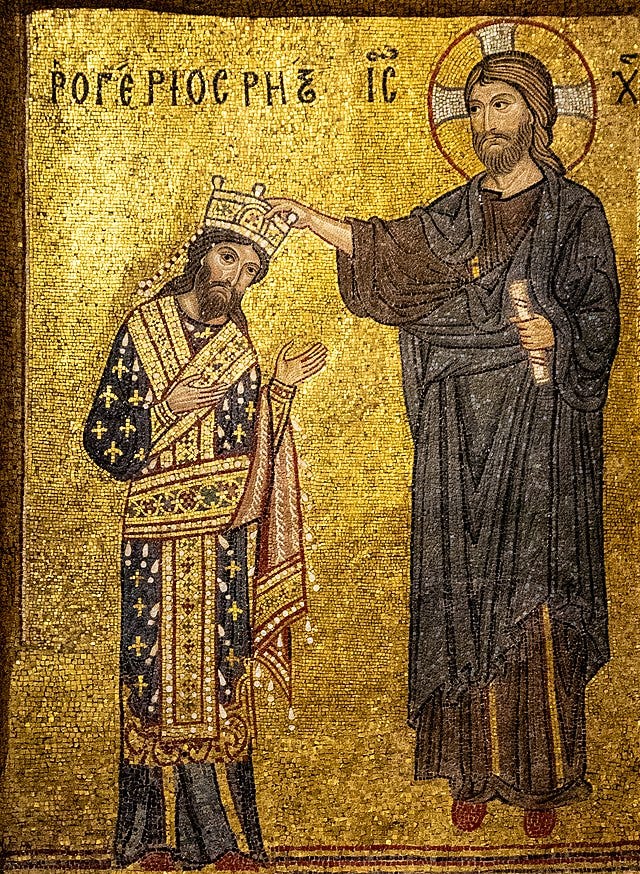From the Appendix to the book “Saturday Rest: Embracing the Christian Sabbath in Orthodox Faith”
Regarding Monarch-led churches—a hallmark of Orthodoxy—East and West
A vital point for those questioning the British ecclesiastical practice is the longstanding tradition of monarch-led church leadership. Some skeptics doubt the legitimacy of having the head of state serve as the spiritual leader of the church.
However, royal leadership has been a constant feature not only in Britain but also in other Western jurisdictions.
In Germany, for instance, head monarchs often held titles such as Landesbischof or Summus Episcopus, serving as the highest ecclesiastical authorities within their states. These monarchs sometimes even waged wars against Rome when the imperial power attempted to impose its will on church appointments.
Article on that aspect: German Princes, God’s Sword: https://watchman.news/2024/07/german-princes-as-head-of-church-gods-sword/
Similarly, in Byzantium the emperor exercised what is now commonly known as Caesaropapism—a system in which the ruler held supreme authority over the church. While this arrangement did not guarantee perfect leadership, it was deeply rooted in Biblical tradition and honored from the earliest days of the Church. Even Saint Paul, proud of his Roman citizenship, demonstrated that a believer can faithfully engage with both worldly authority and the Kingdom of God. His balanced perspective reminds us that our true identity lies in our allegiance to Christ, even as we uphold the traditions and rights bestowed upon us by our heritage.
Historical records confirm that throughout the early Church and the pre-schism period, British ecclesiastical leadership maintained its independent and apostolic identity. Numerous church councils, spanning from early medieval times to the modern era, have acknowledged Britain’s ecclesiastical precedence. This is evident in the wealth of documentation that testifies to the consistent practice of keeping the Biblical Sabbath and preserving God’s laws. The royal connection in church governance has always been integral to the British model—one that reflects not only the spiritual mandate of the Church but also the national identity and unity of its people.
Indeed, the British Church has produced a remarkable legacy of saints and leaders. Such figures testify to the fact that its ecclesiastical structures, built on the teachings of the Apostles, have always been at the forefront of preserving the truth of God’s law. The royal and ecclesiastical traditions of Britain are not isolated phenomena; they resonate with similar practices in other Orthodox regions. For example, the head monarchs in Germany and the Byzantine emperors in the East both upheld ecclesiastical leadership models that echo the ancient Biblical paradigm. These models were characterized by a close alliance between state and church, ensuring that the spiritual heritage of true Israel was not diluted by external influences.
This chapter affirms that British Orthodoxy—with its deep royal roots and apostolic foundations—has long been an independent and vibrant expression of the true Church. The unity of the Church in Britain is not only a matter of national pride but also a testament to the enduring faith of its people—a faith that has withstood external pressures from Rome and secular authorities alike.
In sum, the practice of maintaining a monarch-led ecclesiastical structure, from the earliest days of apostolic ministry through the pre-schism era and into modern times, underscores the authenticity and vitality of British Orthodoxy. This long-held tradition, which continues to manifest in both Britain and other Western jurisdictions, testifies to the enduring covenant between God and His people—a covenant marked by the faithful observance of the Sabbath and the celebration of His holy festivals.



